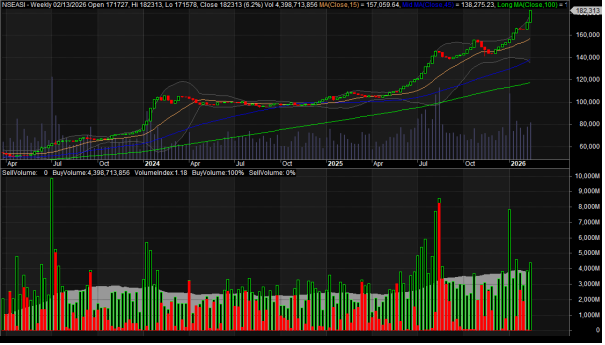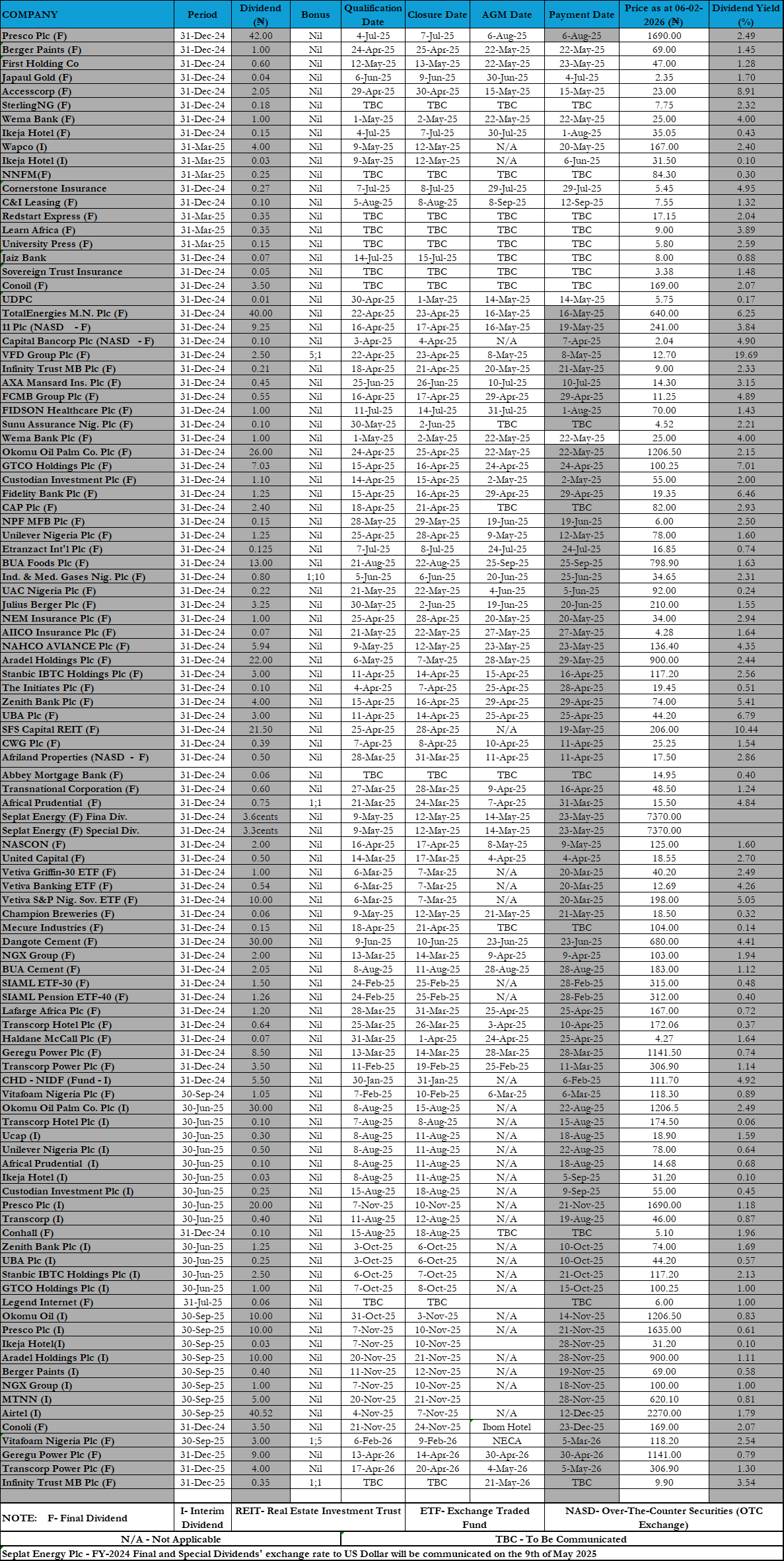Taiwo Adekeye, FMVA
March 6, 2024
Oil prices was marginally down by almost 1%, as a result of doubts about China reaching its economic growth goal and investors’ reduced risk appetite, despite assistance from a weaker U.S. dollar. China, who is the world’s biggest oil importer, set an economic growth target for 2024 around 5% which is similar to last year’s goal and the lack of sustainable plans to prop up the country’s struggling economy disappointed investors. Brent crude futures was down by 0.9%, closing lower at $82.04 a barrel, after a fourth straight decline. U.S. West Texas Intermediate crude futures fell by 0.8%, to close at$78.15 a barrel.
India: India’s February services growth drops marginally but remained robust
India’s services sector continued to accelerate in February at a slower pace, amid cooling inflationary pressures. India Services Purchasing Managers’ Index compiled by S&P Global, fell to 60.6 last month from January’s six-month high of 61.8, contradicting the initial expectation of a rise to 62.0. India’s services PMI reveals that the pace of expansion in the services sector eased in February from January, although, it has remained above the 50-mark that separates growth from contraction since August 2021. Additionally, New business which is a major gauge of demand – softened to a six month low but has been in expansionary territory for over two-and-a-half years and orders from abroad remained northward.
China: Services activities grew marginally in February
China’s services activity grew marginally in February, with business confidence moderating for the second month and firms reducing staff strengths for the first time since November. The Caixin/S&P Global services purchasing managers’ index (PMI) edged down to 52.5 from 52.7 in January, but was still above the 50-mark that separates expansion from contraction. Despite robust activity during the eight-day Lunar New Year holidays, the expansion rate of new business was little-changed from January, the Caixin survey showed. Looking at the positive aspect, there has been a significant surge in foreign demand, marking the highest point since June last year, supported by reports of more robust customer orders in external markets.
Kenya: Kenya business activity reveals first expansion since Aug, PMI survey shows
Kenya’s private sector activity bounced back in February to record its first expansion since August, sustained by easing inflation and gains in agriculture, manufacturing and services sectors. The Stanbic Bank Kenya Purchasing Managers’ Index (PMI) jumped to 51.3 in February up from 49.8 a month earlier and It is the first time since August that the figure has gone above 50. However, Readings above 50.0 signal growth, while those below points to a contraction. The East African Nation Inflation fell to 6.3% year-on-year in February from 6.9% a month earlier
South Africa: South African rand strengthened after GDP, PMI data
South Africa’s rand recovered on Tuesday after data showed the economy grew marginally in Q4’ and a purchasing managers’ index (PMI) survey revealed that the country’s private sector activity expanded for the first time in six months. In Q4’ 2023, South Africa’s economy grew by 0.1%, while for that year as a whole, growth was at 0.6%. Africa’s most industrialized economy narrowly escaped a technical recession defined as two consecutive quarters of falling economic output, after a contraction of 0.2% in the third quarter. S&P Global’s whole-economy PMI survey showed South African private sector activity expanded in February for the first time since August as staffing and purchasing levels increased amid stronger confidence. Additionally, South Africa’s benchmark 2030 government bond was slightly stronger, with the yield down 0.5 basis point to 10.095%
Libya: Libya’s Dinar devalued, more calls for unified government
Libya’s central bank governor on Tuesday devalued its dinar and asked parliament’s speaker to approve a new unified government, expanding his challenge to the prime minister. The Apex bank governor, Sadiq Kabir, is at odds with Prime Minister Abdulhamid al-Dbeibah over the extent of excessive spending by the Government of National Unity (GNU), which is recognized internationally but not by the eastern-based parliament. However, the struggle for government control and access to state finances has been a central issue in Libya, fueling factional conflicts since the NATO-backed uprising in 2011.













